
The Risks of Refilling Single Use Propane Cylinders – A Safety Advisory
Propane cylinders are an essential item for outdoor activities such as camping, picnic, tailgating, and so on. The cylinders contain highly pressurized propane gas, which can fuel flames for cooking, heating, and lighting. However, the convenience of disposable, small, and lightweight propane cylinders has led to many opting to refill used ones instead of buying new ones. Unfortunately, refilling single use propane cylinders can pose significant health and safety risks, as noted in the recent safety advisory by authorities. In this blog post, I’ll examine the warnings by regulator and the hazards associated with refilling disposable propane cylinders.
Refilling disposable propane cylinders is hazardous because these cylinders are designed for single use only. Over time and with use, the cylinder deteriorates and becomes structurally weak, making it more likely to rupture or leak. Moreover, propane levels can deplete over time, and inconsistent tank pressure may cause the cylinder to malfunction and lead to an explosion, fire, or carbon monoxide poisoning. Manufactures and regulator reports that refilled propane cylinders may also lack the overfill protection valve and safety devices that new propane cylinders have, which further increases the risk of accidents.
Another hazard of refilling single use propane cylinders is the potential for contamination. Refill methods may not be reliable, and contaminants including moisture, dirt, and rust, can enter the cylinder and damage the propane regulator, burner valves, and other appliances. Contamination may also result in incomplete combustion, producing harmful gas by-products that can affect your health and the environment.
Federal authorities advise against refilling single use propane cylinders and recommends the purchase of new cylinders explicitly intended for refilling. Furthermore, propane tank manufacturers caution against modifying propane tanks or refilling them as it voids their warranty and puts individuals’ safety at risk. Manufactures recommends disposing of used propane cylinders at local hazardous waste facilities.
It’s also essential to pay attention to propane cylinder storage and transportation procedures. Always store propane cylinders in an upright position in a cool, dry, and ventilated area away from heat sources, direct sunlight, and flammable materials. When transporting propane cylinders, ensure that they are secured to prevent damage and leaks. Never store them in enclosed spaces like car trunks or passenger compartments.
The dangers of refilling disposable propane cylinders cannot be overstated. Federal authorities’ safety advisories warn of the hazards of refilling single use propane cylinders and advocates for the safe disposal of used propane cylinders. Refilling used propane cylinders can pose a risk to life and property, including explosions, fires, carbon monoxide poisoning, and other health hazards. The best option is to purchase refillable propane cylinders and follow proper storage and transportation procedures. By taking essential precautions, we can enjoy the convenience and benefits of outdoor activities without compromising their safety.
Do you have questions about Regulations? Our team of experts is just a call away for our customers at 855.734.5469 or send us an email, we’re happy to help.
Stay up to date and sign up for our newsletter!
We have all the products, services, and training you need to ensure your staff is properly trained and informed.
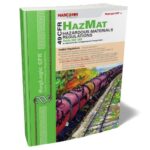 49 CFR Publications 49 CFR Publications |
 GHS within OSHA GHS within OSHA |
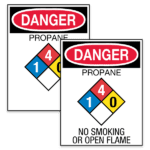 NFPA Signs NFPA Signs |

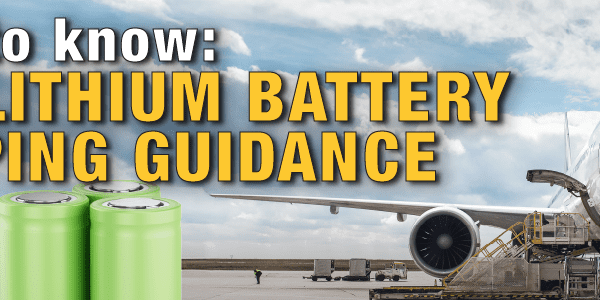
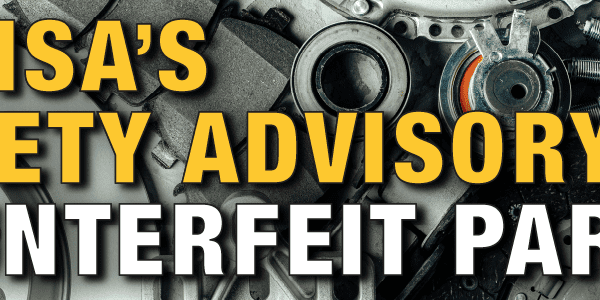
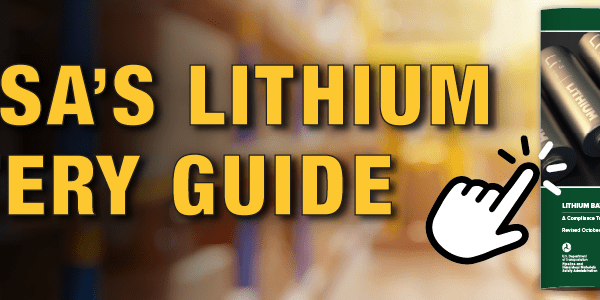


 ICC USA
ICC USA ICC Canada
ICC Canada